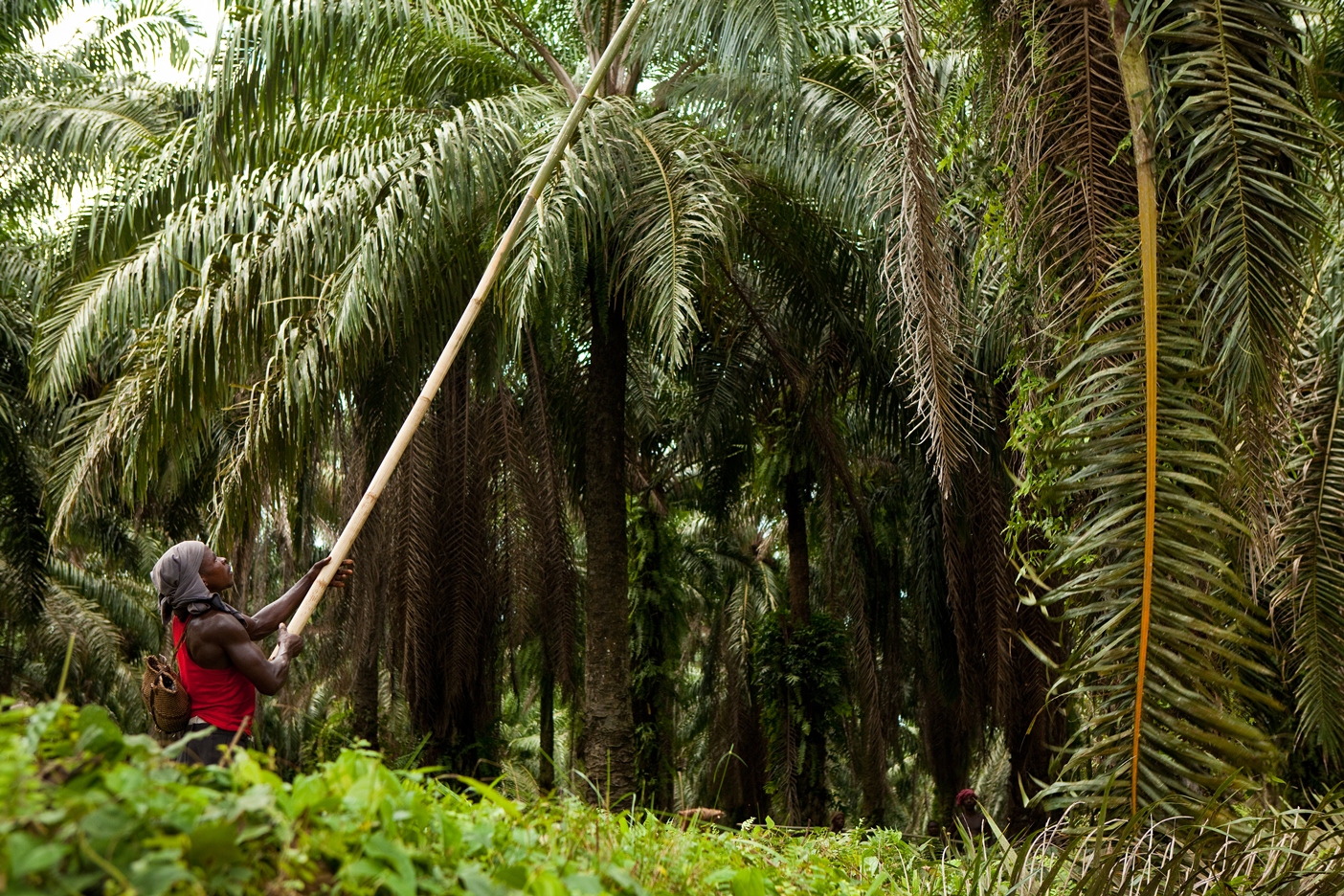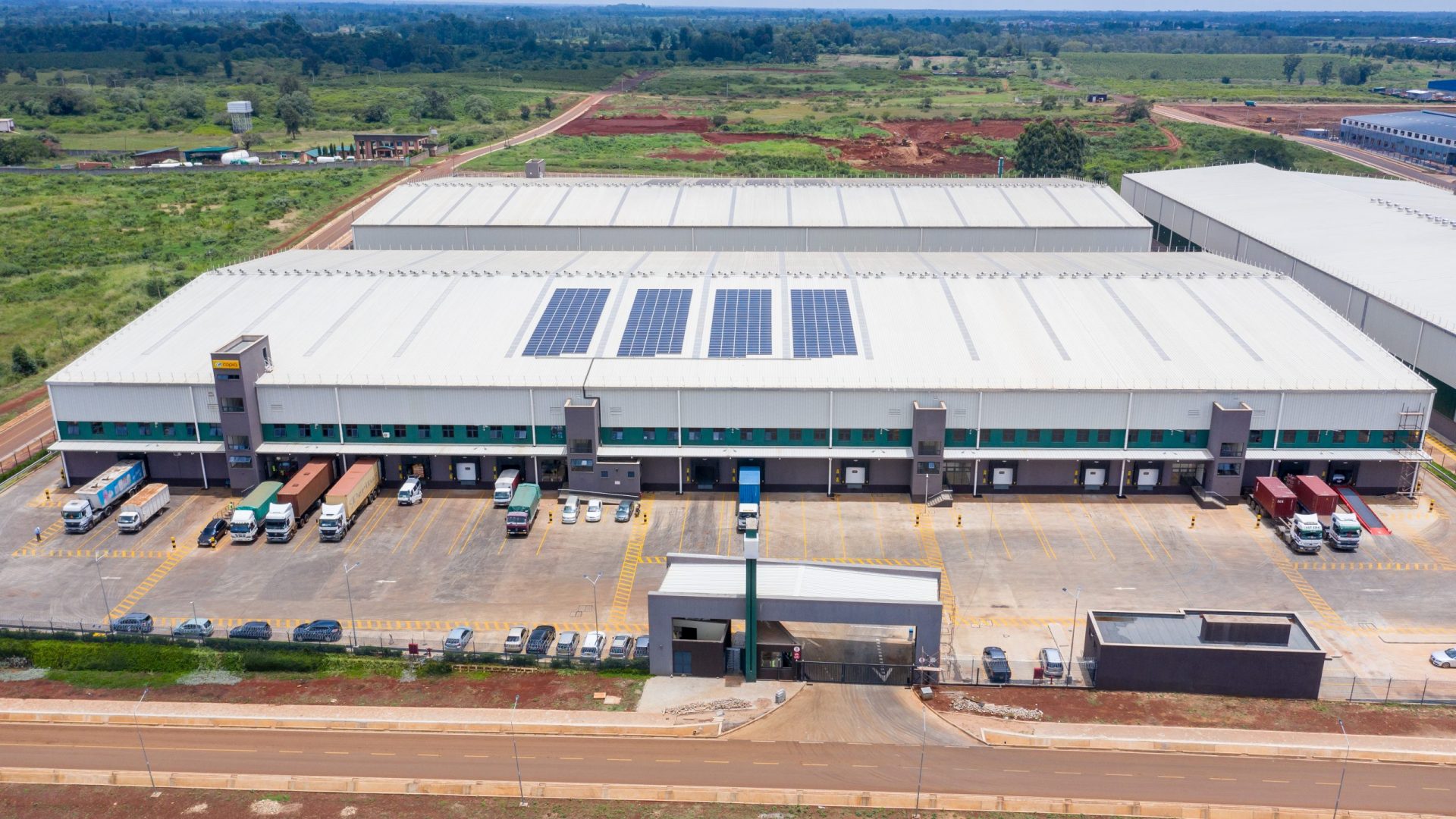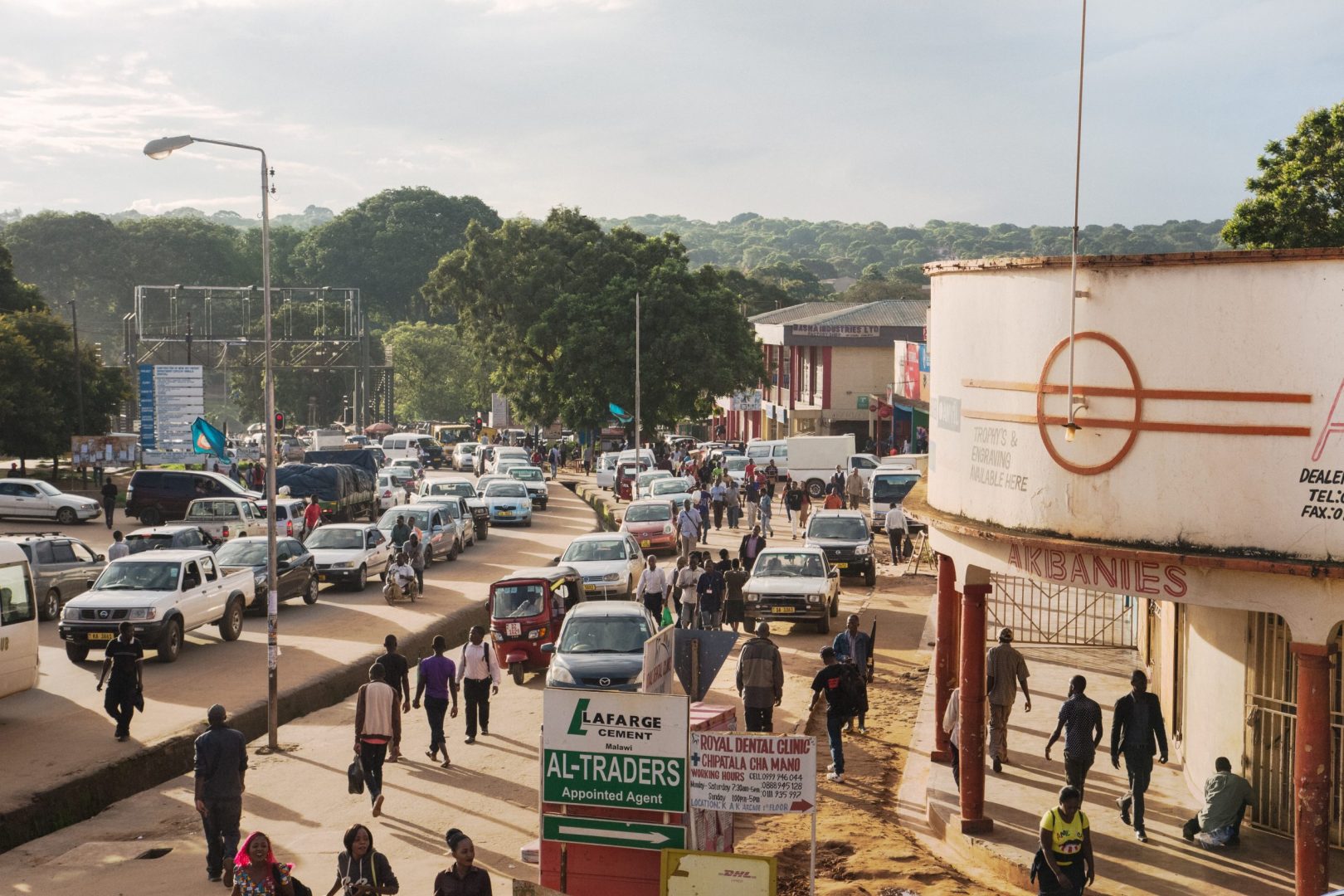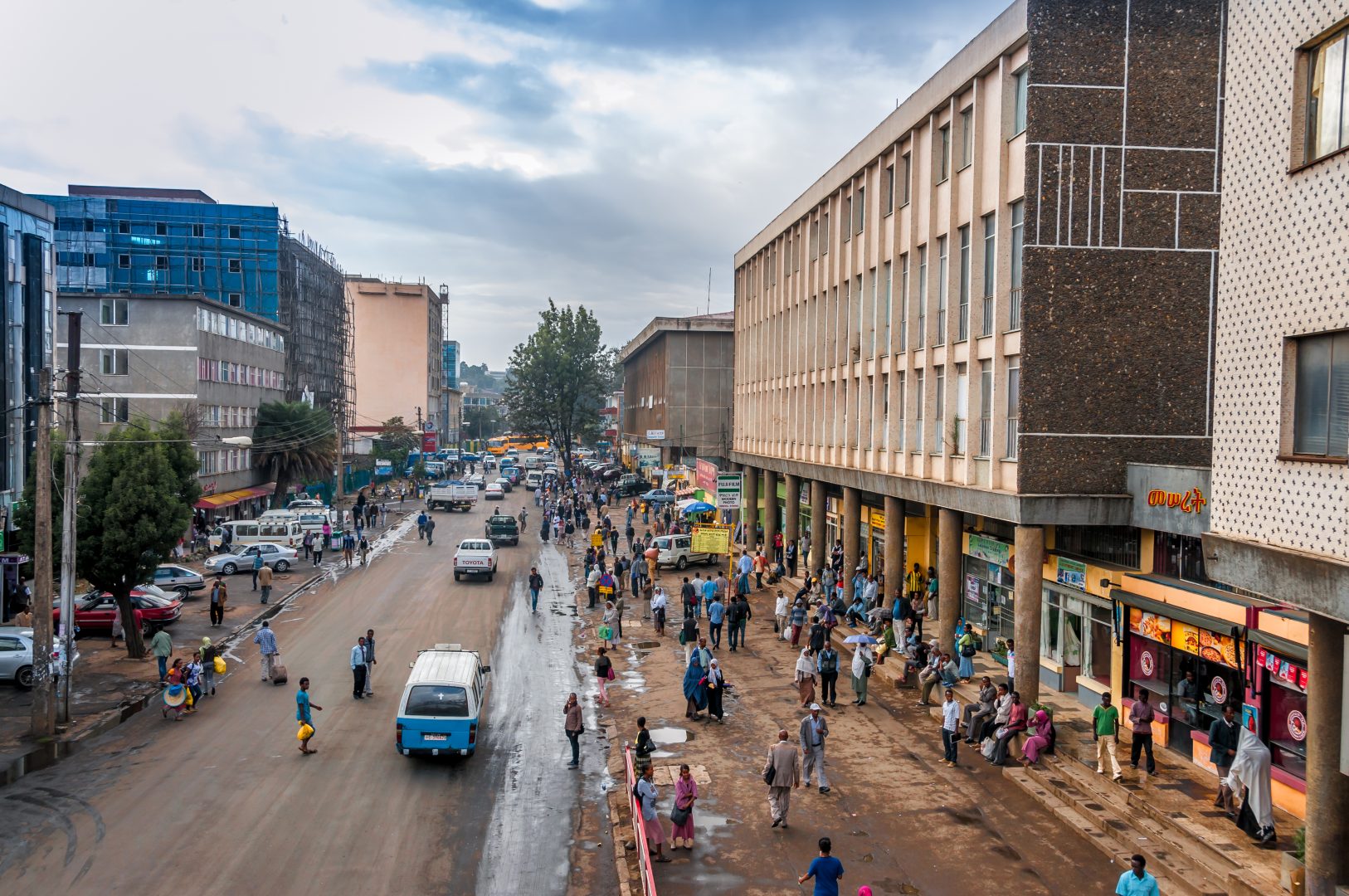How can the circular economy tackle the climate crisis in emerging markets?
The production and consumption of goods is one of the biggest contributors to the climate crisis, generating nearly half of all greenhouse gases. Globally, we’re using roughly 60 per cent more resources than the planet can provide. 90 per cent of biodiversity loss is due to the extraction and processing of natural resources. On our current global growth trajectory, sustaining the current level of consumption would require the resources of 2.3 planets by 2050.
These sobering statistics were shared by Lynsay Taffe, BII’s Director of Communications, at the opening of our recent Insight event on the circular economy. For the event we were joined by Lindsay Stradley, the Co-founder and Executive Director of Sanergy, a pioneering circular economy business providing safe sanitation services in low-income urban areas in Africa.
The concept for Sanergy was born when Lindsay and her two fellow co-founders were studying at MIT. They began designing ways for residents of informal urban settlements to access sanitation and safely manage the waste generated.
Sanergy follows a circular economy model, converting organic waste as well as other waste streams from the urban environment into sustainable agricultural inputs such as insect protein, fertilizer and biomass. To collect the organic waste, Sanergy partners with cities to deliver safe and sustainable urban waste management. Today, Sanergy operates the largest organic recycling plant in East Africa. And the positive impact is clear to see.
“The provision of high-quality sanitation facilities has led to an overall cleaner environment,” Lyndsay explains. “So even before you get to the reuse and the circular approach, having been working in these communities for 11 years, I can see the before and after. It’s even more apparent to our partners – it’s the local leaders who can speak best about the organic waste, how visually it is different now as well as the health impacts for the people who are living there.”
Local communities benefit from Sanergy’s business model in other ways too. Farmers have been able to increase their yields, usually by about 30 per cent, thanks to the organic fertilizer manufactured by the firm.
Transitioning to a circular economy using business models such as this will keep products and materials in use, eliminate waste and reduce pollution.
“Circular economy principles can have significant impact on climate change mitigation through carbon capture. It’s a core benefit of the circular economy approach which is sometimes under-appreciated,” says Lindsay. “At Sanergy, our manufacturing process captures carbon from diverse organic waste streams that would otherwise contribute to greenhouse gas emissions. And we can turn this waste in to valuable products.
“It may sound obvious but this approach ensures that the inputs we use never run out. Which means that the outputs don’t run out. This brings consistency for our customers and allows for local production. In turn, this creates jobs as well as inputs for local farmers.
“Another underappreciated aspect of the circular economy is the potential for green jobs. This is essential for protecting the environment as well as sustainable production and consumption around the world, including in emerging economies.”
Despite these clear benefits, businesses such as Sanergy face numerous challenges in setting up and growing. This is particularly the case in less developed markets – for example because customers aren’t familiar with a new product or the regulatory environment isn’t familiar with what a firm is doing.
“One big challenge that we face is developing products which are new to market, such as insect protein and organic fertilizer,” Lindsay explains. “We’ve seen that it takes time for there to be market adoption and full regulatory support. So to overcome this you do need a robust enabling environment.
“It costs a lot of money to set up these businesses up front, for example because of the manufacturing costs. It’s not like fintech, that you can get up and running more quickly with less capital. We’d love for governments and investors to be more involved in providing support. For example through governments providing tax relief for circular businesses.”
Listen to the rest of the conversation in this podcast from the event. Tune in on the player below or find us on Apple Podcasts, Spotify or wherever you get your podcasts.











